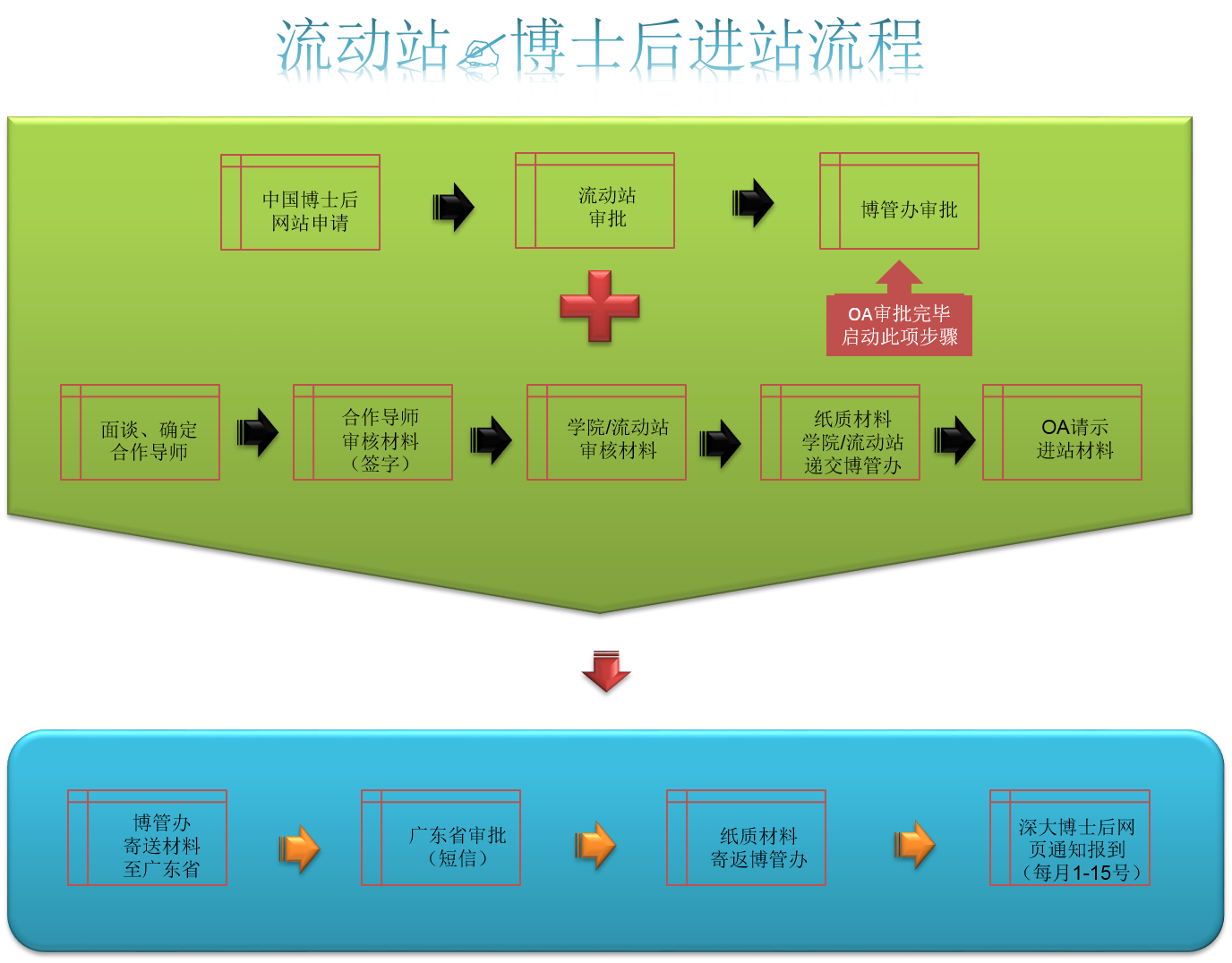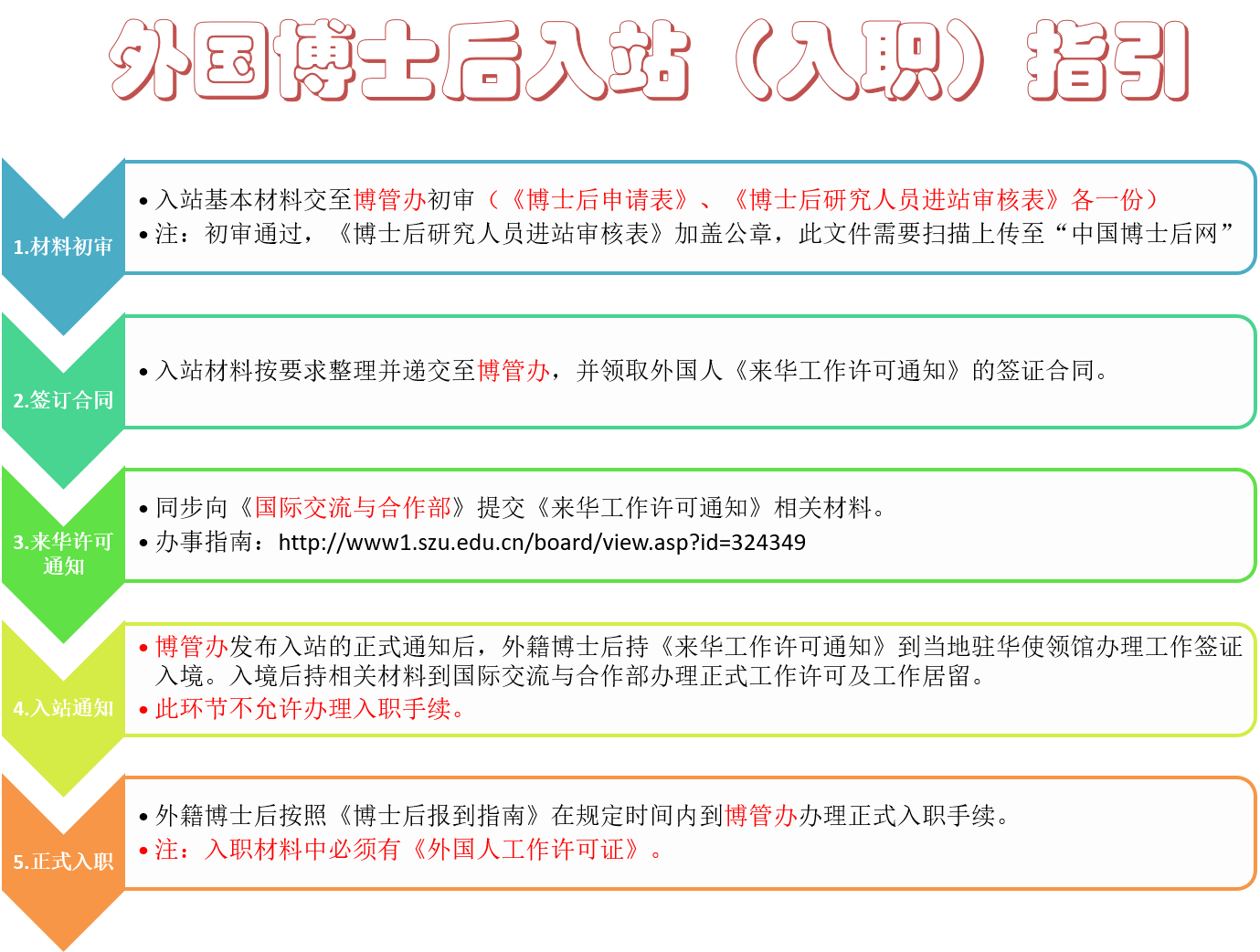1. Introduce of the Institute for Advanced Study
The Institute for Advanced Study (IAS) has been established at Shenzhen University to provide both undergraduate and postgraduate education, focusing on interdisciplinary teaching and research. As a special platform at Shenzhen University, IAS seeks to build a team consisting of experienced professors with international vision and young teachers with great potential; adopt best-practice management methods used by overseas research universities to foster collaborations with world-class universities in Hong Kong and abroad; also create an academic atmosphere and training environment to meet with the international standards with the overall goal of attaining excellence in teaching, research and management. IAS fosters the training of innovative talents, cutting-edge scientific research and hi-tech development in the cross fields of marine resources and environment, functional materials, biotechnology, and financial technology. The research outcomes and newly-trained talents will promote the hi-tech industries in Shenzhen, particularly emerging industries of strategic importance such as biology, Internet, new energy sources, new materials and next-generation information and communication technology and facilitate the transformation and growth of Shenzhen’s economy.
2. Research Interests and Cooperative Supervisor
Shenzhen University now has the first-class doctor degree discipline and post-doctoral research center of optical engineering, information engineering and theoretical economic. The specific research interests of cooperative supervisors from IAS are as follows (Click the cooperative supervisor's name to enter the website of the recruitment directly):
|
No.
|
Research Interest
|
Cooperative Supervisor
|
Postdoctoral Research Center
|
|
1
|
Advanced soft material structure and interface
|
Yan CAO
|
Optical Engineering
|
|
2
|
Organic catalysis and controlled polymerization
|
Yougen CHEN
|
Optical Engineering
|
|
3
|
Chemical Biology
|
Hai XIONG
|
Optical Engineering
|
|
4
|
Development and preclinical evaluation of implanted medical devices
|
Shanshan XU
|
Optical Engineering
|
|
5
|
Organic Photoelectric Materials and Surface Nanoscience
|
Shern-Long LEE
|
Optical Engineering
|
|
6
|
Study on the sealing technology of carbon dioxide mineralization
Contaminated soil treatment technology
|
Yang WEI
|
Optical engineering
|
|
7
|
Study on the molecular mechanism of differentiation and regulation of CD4+T cells
|
Shan JIANG
|
Optical Engineering
|
|
8
|
Microbiology
|
Meng LI
|
Optical Engineering/Xiamen University and Shanghai Jiaotong University (co-cultivation)
|
|
9
|
Study on Molecular mechanisms of vascular proliferation and vascular biomechanics, especially mechanical and biological signal transduction
|
Yizhou JIANG
|
Optical Engineering
|
|
10
|
Marine ecology and Toxicology
|
Ke PAN
|
Optical Engineering
|
|
11
|
Computational Molecular Biophysics
|
Wenjin LI
|
Optical Engineering
|
|
12
|
Functional nanomaterials and devices
|
Ye ZHOU
|
Optical Engineering
|
|
13
|
Theoretical calculation of heat, electricity and thermoelectric transport, Low-dimensional materials, thermoelectric materials, topological materials, electroacoustic coupling, phonon physics, Spectroscopy (Raman, optical absorption, etc.) simulation
|
Wu LI
|
Optical Engineering
|
|
14
|
Plasmonics,Electrical transport properties of heterojunction systems
|
Xiaoguang LI
|
Optical Engineering
|
|
15
|
Colloid and Soft Matter Science
|
Yongxiang GAO
|
Optical Engineering
|
|
16
|
Research on the correlation between stochastic calculus and derivatives pricing、Quantitative investment strategy research and computer AI background
|
Xiong WANG
|
Optical engineering/Theoretical Economics
|
|
17
|
Complex differential equation, integrable system
|
Chengfa WU
|
Optical Engineering
|
|
18
|
Mathematical modeling and computer simulation research, mainly focusing on interdisciplinary research such as micro and nano mechanics
|
Yue CHAN
|
Optical Engineering
|
3. Applicant Qualification
1)Applicants aged under 35 receive a Ph. D degree no more than 3 years and have a strong ability in English (or pass the defense of doctoral dissertations, but applicants in overseas should obtain a degree certificate, including Hong Kong and Macao).
2)Have strong scientific research ability.
3)Applicants who have achieved significant research results will be given priority.
4)Full-time post-doctoral research. In-service personnel shall not apply, including on-the-job off).
5)Applicants cannot apply for their postdoctoral research work in a mobile station in the same level of their Ph.D.
4. Treatment
1)Treatment from Shenzhen
(1)Each eligible post-doctoral researchers would obtain 120,000 yuan as living allowance a year from the municipal government. Once a quarter, no exceed 240,000 yuan.
(2)Post-doctor who would work in Shenzhen with a contract for more than 3 years will obtain 300,000 yuan as research investment or startup capitals.
(3)Eligible for Shenzhen's reserve talents can get 1.6 million yuan of housing subsidy.
2)Treatment from Shenzhen University
(1)Shenzhen University offers an annual salary of about 150,000 yuan (Sciences), or about 140,000 yuan (Arts), and outstanding post-doctors will be given additional rewards.
(2)Research Awards: Post-doctors who publish academic papers in authoritative journals or obtain national scientific research projects, will be given research awards or supporting funds from Shenzhen University.
(3)Excellent post-doctors who meet the school policy requirements can apply to become teachers at Shenzhen University.
(4)Shenzhen University will provide housing subsidy or arrange for renting houses with Intermediate title standard.
According to the intermediate title standards of Shenzhen University, we should provide housing subsidies or arrange rental housing.
3)No less than 2,000 yuan of research allowance will be provided by the cooperative supervisor each month, and reward performance will depend on individual research results at the end of the year.
4)During the post-doctoral period, he can apply for funding for research projects at all levels.
5)Post-doctors can apply for research project funding as the head during the post-doctoral period.
6)Post-doctors can decide whether to settle in Shenzhen or not. Spouses and minor children can settle in Shenzhen with post-doctors. Schooling of minor children shall be performed in accordance with the relevant regulations of Shenzhen.
5. Basic Requirement of Post-doctor’s Assessment
1)Complete the research subjects;
2)Post-doctors of natural sciences should publish 4 papers in core periodicals as the first author, or 2 articles in the JCR2 of the Academy of Sciences, or 1 article in the JCR1 of the Academy of Sciences. Post-doctors of the humanities and social sciences should 4 papers in core periodicals as the first author, or 2 authoritative journal articles, or 1 top journal article.
6. Application Method
Applicants should choose a cooperative supervisor based on the research direction and send the following materials to the supervisor:
(1)Resume;
(2)Degree certificate;
(3)The representative achievements of the past 5 years;
(4)Recommendation from the doctoral supervisor.
7. Application Time
Eligible applicants would be accepted at any time.
8. Procedure

九、外国博士后入站指引



